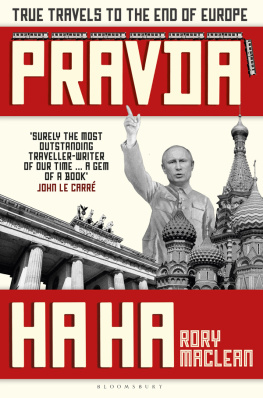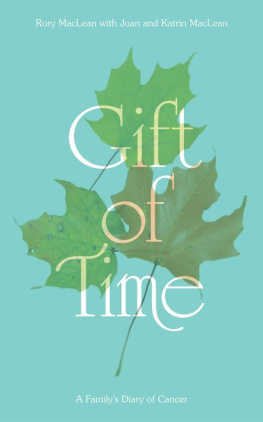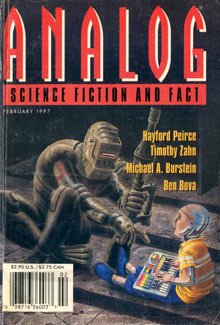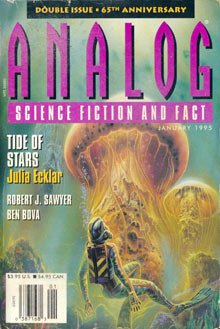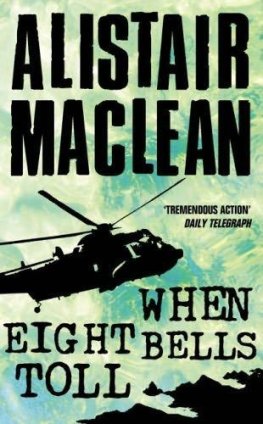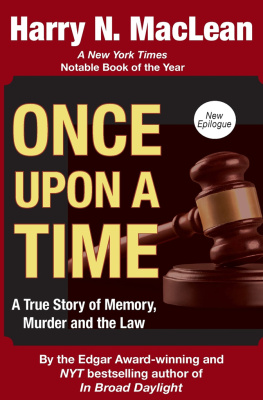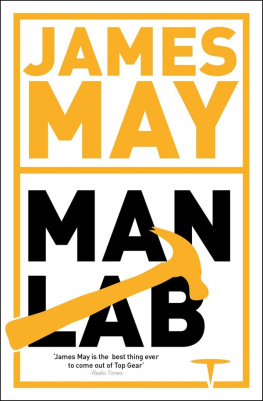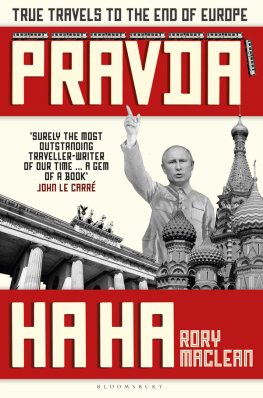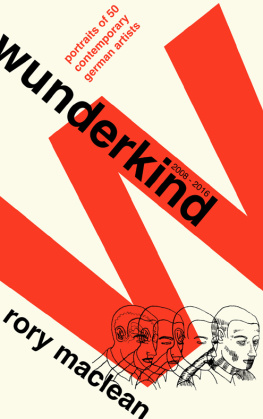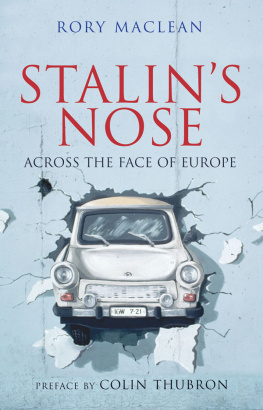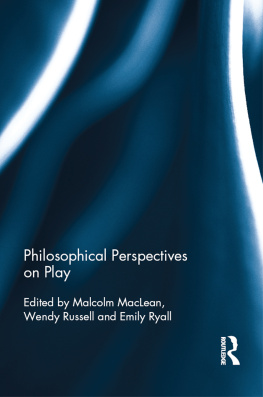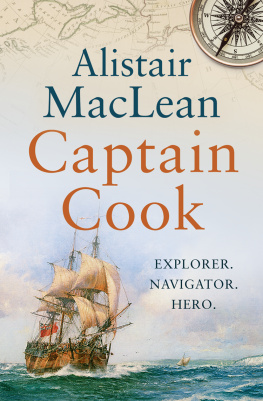
PRAVDA HA HA
PRAVDA HA HA
True Travels to the End of Europe
RORY MACLEAN

BLOOMSBURY PUBLISHING
Bloomsbury Publishing Plc
50 Bedford Square, London, WC1B 3DP, UK
BLOOMSBURY, BLOOMSBURY PUBLISHING and the Diana logo are trademarks of Bloomsbury Publishing Plc
First published in Great Britain 2019
This electronic edition published 2019
Copyright Rory MacLean, 2019
Map ML Design, 2019
Czesaw Mioszs A Book in the Ruins from New and Collected Poems 19312001 Estate of Czesaw Miosz, 1941. Reprinted with permission of Penguin Books
Nineteen Eighty-Four by George Orwell George Orwell, 1949. Reprinted by permission of Bill Hamilton as the Literary Executor of the Estate of the Late Sonia Brownell Orwell
Aleksandr Solzhenitsyns Nobel Prize Lecture reprinted with permission The Nobel Foundation, 1970
Dmitry Glukhovsky quoted with permission from his 2016 Im Dmitry Glukhovsky reddit.com/r/books posts
Kocham wolno Estate of Bogdan yszkiewicz, 1990. Reprinted with permission of Anna yszkiewicz
Parts of the Transnistria chapters first appeared in The Times and Back in the USSR: Heroic Adventures in Transnistria by Rory MacLean
Rory MacLean has asserted his right under the Copyright, Designs and Patents Act, 1988, to be identified as Author of this work
For legal purposes the constitute an extension of this copyright page
All rights reserved. No part of this publication may be reproduced or transmitted in any form or by any means, electronic or mechanical, including photocopying, recording, or any information storage or retrieval system, without prior permission in writing from the publishers
Bloomsbury Publishing Plc does not have any control over, or responsibility for, any third-party websites referred to in this book. All internet addresses given in this book were correct at the time of going to press. The author and publisher regret any inconvenience caused if addresses have changed or sites have ceased to exist, but can accept no responsibility for any such changes
A catalogue record for this book is available from the British Library
Library of Congress Cataloguing-in-Publication data has been applied for
ISBN: HB: 978-1-4088-9652-5; TPB: 978-1-4088-9653-2; EBOOK: 978-1-4088-9654-9
To find out more about our authors and books visit www.bloomsbury.com and sign up for our newsletters
BY THE SAME AUTHOR
Stalins Nose
The Oatmeal Ark
Under the Dragon
Next Exit Magic Kingdom
Falling for Icarus
Magic Bus
Missing Lives
Gift of Time
Back in the USSR
Berlin: Imagine a City
In North Korea
Wunderkind
Pictures of You
www.rorymaclean.com
Pravda () n .. Truth.. Disposition to speak or act truly or without deceit; truthfulness, veracity, sincerity [- Russ. ? Is it true?] . Russian broadsheet newspaper, formerly the official newspaper of the Communist Party of the Soviet Union [f. Proto-Slavic pravda , from prav = right, correct]
But I tell you, Winston, that reality is not external. Reality exists in the human mind, and nowhere else Whatever the Party holds to be the truth, is truth.
George Orwell, Nineteen Eighty-Four
Contents
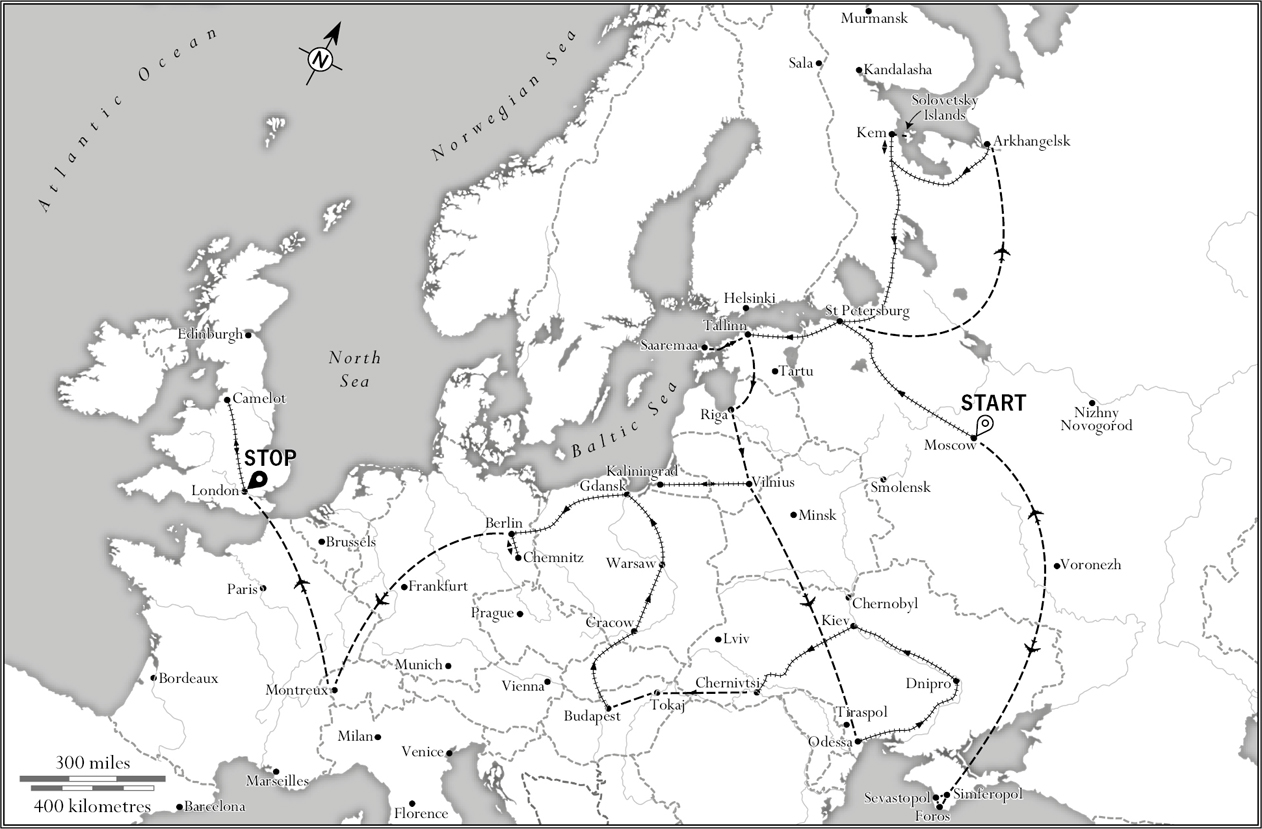
Underground there was no horizon. Underground the people moved in halting steps, moved as one, moved four abreast to ride down, deep down beneath the city. The earth swallowed them, corralled them, unnamed them as the metallic shriek rose up to strike them dumb. No one talked above the whine of the motors. No one stood out. Once or twice the odd traveller dared to shout, leaning towards his fellows, his warm breath brushing their ears. Otherwise the mass ten million souls every day moved through the deafening noise, unable or unwilling to be heard.
I stepped among them, shuffled with them down the banks of escalators to the platform. In the pale milky light waited office clerks and stallholders, weary shop cleaners and crisp police recruits, pedlars with sacks of tourist tat and widows in frumpy Soviet dresses whod seen their sons shot dead in the chaos after capitalisms triumph. Two hundred feet below ground the surging crowd elbowed aside a frightened, almond-eyed Yakut woman. Three white policemen approached her, backed her against the wall, demanded identity papers with a gesture that needed no words. Another traveller, a sharp-nosed Uzbek with his furious moustache, shepherded his young son around them without a look. The boy carried a plastic Russian flag. The scream of brakes echoed off the cold Crimean marble.
At peak times the trains arrived every minute at every one of Moscows 224 underground stations, grating to a stop, flinging open their gaping doors, sucking in the bydlo . Thats what Moscows elite call the common people, the countless commuting offspring of provincial peasants, the rabble from the citys margins wholl never stand tall, never escape the shadows. Bydlo . Proles. Cattle. Scum.
At Taganskaya the throng heaved itself off the platform, carrying me with it into the metal carriage, crushing me against three identikit blondes. The women slender and curvy with violet nails and long straightened hair batted me away with their lashes. A buffed twentysomething in T-shirt and jeans carried his crumpled security guard uniform in a plastic bag. Beside him a grey-haired, grey-skinned academic noted his earnings in a diary, a leaky biro stain on his threadbare pinstripe. On a seat behind them a bricklayer at the end of his shift squinted at two ancient Nokias nestled like matchboxes in his big hands, his sausage fingers punching out the wrong number on one of them again and again.
Then I saw the bird.
It came out of nowhere, flying in through a closing door, inches above our heads. It was starling-sized and short-tailed with buff-grey plumage. As the train accelerated out of the station, I guessed that it had flown down into the underground above the escalators deep rolling rumble and become trapped. Two men tried to grab it. The identikit blondes shrieked and ducked their heads. A stocky youth in bow tie began to swat at it with a folded newspaper. Other passengers held his arm, started to laugh, to yell, gazing in awe at the beautiful, frightened creature as it swept back and forth through the snaking carriages, shitting on the head of the failed academic in its terror.
Next the strangest thing happened.
After half a dozen fast flights, somewhere between Taganskaya and Kurskaya, the bird realised that there was no escape. Quite suddenly it stopped flying, and perched on a young mans shoulder by the door. He seemed to be a random choice, not distinctive at first glance, neither handsome nor bad-looking either: slight build, tracksuit top and high, chiselled cheekbones under deep brown eyes. Not exceptional at all, apart from his stack of hair, his unruffled calm, and being black in Moscow.
The mans stillness, and the frailty of the birds trembling chestnut breast, brought a sudden serenity to the carriage. Commuters stared at the astonishing sight, met each others glances, took hardly a breath so as not to break the spell, oblivious to the rising squeal of the brakes as the train slowed to pull into the next station. When the doors opened no one moved, until the man jerked backwards out of the carriage and onto the platform. Then the bird took off, its long flight feathers flashing with red and yellow tips.
Next page
